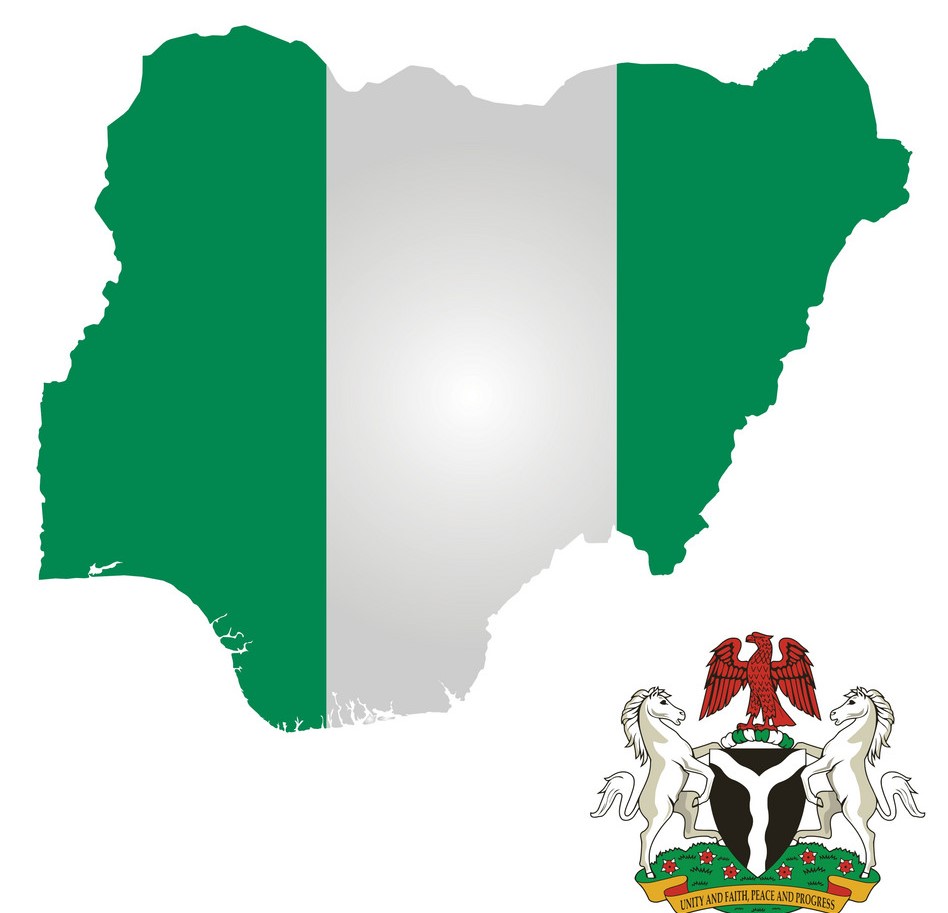Focusing on human development is considered to be an incredibly significant factor that not only accelerates economic growth but also promises a better quality of life for the public at large. Ensuring persistent and efficient spending on human development helps build up an educated and healthy workforce, increase productivity and growth, the benefits of which are equitably distributed.
In order to determine the level of human development in a country, three main components — per capita income, level of education and the level of health — need to be gauged.
Unfortunately, Nigeria, a lower-middle-income nation, has been performing quite abysmally in these social indicators. Decades of inconsistent and incoherent economic policies adopted on the part of successive political setups have inevitably resulted in deteriorating quality of education, worsening health infrastructure and declining per-capita income.
According to the United Nations Human Development Index (HDI) 2021, Nigeria’s ranking stood at 163 among 191 countries, lower than majority of her regional peers. Worryingly, the dismal performance of Nigeria in social indices indicates structural impediments grappling with the economic governance of the country.
Although the Federal Government’s 2022 budgetary allocation to education is 5.39 percent, which is N923. 79 billion out of the total budget of N17. 13 trillion, the efficiency in spending nothing to write home about.
Education has remained one of the highly neglected social services in Nigeria as the federal and most states has failed to ensure the effective provision of free and quality education equally accessible to all and sundry. According to a 2022 report by the United Nations Educational, Scientific and Cultural Organisation, Nigeria now has about 20 million out-of-school children, the highest globally. The implication is that these children are being deprived of the opportunity to become literate and productive members of society.
Undoubtedly, Nigeria needs to work towards 100 per cent net enrolment of boys and girls in primary, middle, and secondary education if the country is to achieve massive increase in literacy rate. Two, instead of establishing new public universities or polytechnics, there is a greater need to emphasise recruiting highly qualified faculty staff that can impart education of high standards, in line with the ever-changing educational dynamics of the 21st century.
Three, since government expenditure on education, is 5.39 per cent of GDP, undermining its ability to ensure the development of critical infrastructure, it must be enhanced to 10 per cent with greater efficiency in spending. Not only this, effective governance — checking teacher absenteeism, ensuring availability of sufficient teaching materials, building school infrastructure — will also play an instrumental role in turning around the education sector in an unparalleled manner. Besides, both the federal and state governments should (must) work out a plan to provide technical and vocational education to students in an attempt to equip them with market-demanded skills, expertise, and qualifications.
There is no denying that the health system also confronts several challenges that have been compounded in the wake of COVID-19. It is increasingly observed that health crisis has become a potent threat to national progress, curtailing the potential of the country to emerge as a prosperous nation in a global village.
Being a victim of the highest infant mortality rate in Nigeria with one of the lowest life expectancies globally, the country has also been facing one of the worst health crises. What is worrisome is massively unequipped infrastructure: a) far too few hospital beds — six per 10,000 population; b) doctor to patient ratio — 4000; and c) declining population coverage by child centres, maternity, and dispensaries (PBS survey).
In an attempt to improve the health sector, a national health policy needs to be reviewed or a new one effectively crafted and vigorously executed at the national, state, and local government levels. With the exponential growth of the population facing Nigeria, health facilities have to be increased. For that to be realised, state governments ought to augment their health sector allocation to at least 2 – 3 % of GDP, particularly development expenditure, as the provision of accessible healthcare is a key issue states must delivery.
While mobilising female health work to ensure greater coverage of vaccinations is needed especially in the northern region, it is equally important to encourage inculcating necessary education on family planning in women. Moreover, primary healthcare (PHC), a basic foundation of a health institution, has to be strengthened so that fundamental health services in the shape of treatment of health conditions, and minor health issues at a community level can be dealt with timely. In order to improve PHC, the incumbent government will have to devolve administrative and financial powers to the third-tier of government.
The daunting economic crisis invites the attention of a ruling cliché to carry out a robust agenda for economic reforms that can bring about a rise in economic growth, improve social indicators, do away with growing public discontent over skyrocketing inflation, soaring joblessness, and most alarming, decay of economic governance.





